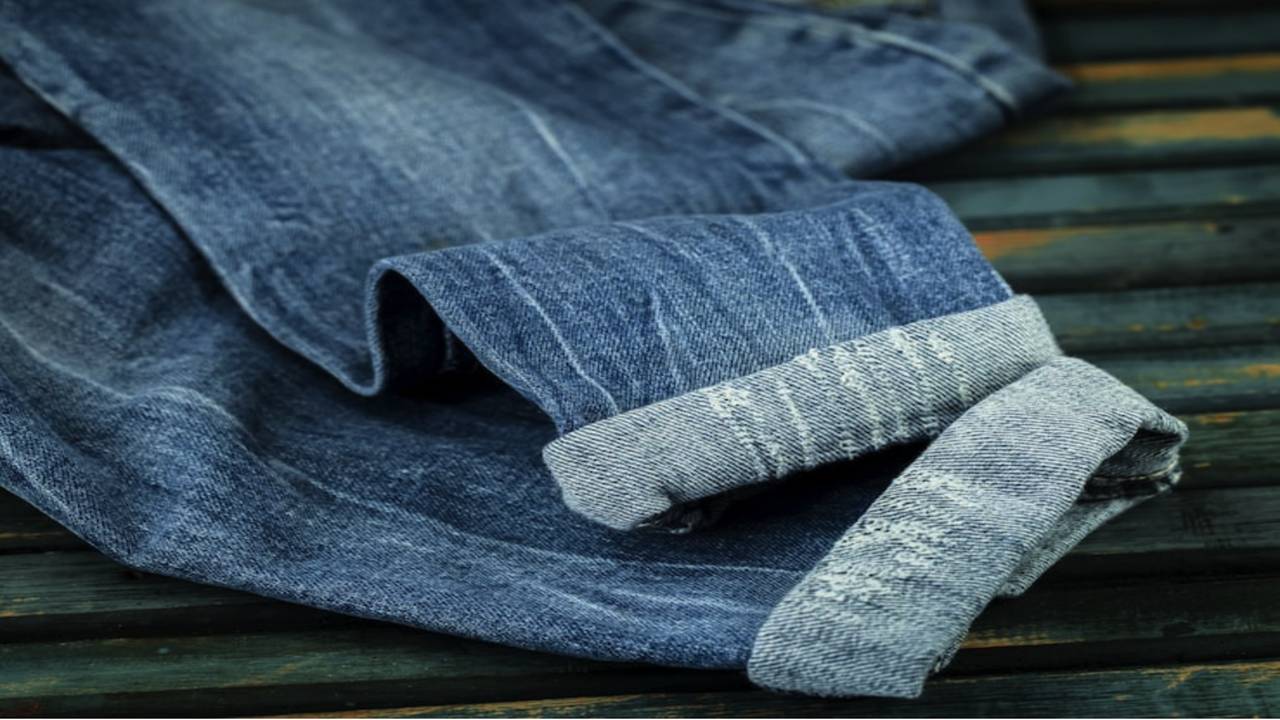 Fashion for Good is spearheading a groundbreaking initiative to revolutionize denim production: scaling hemp to match or surpass cotton in performance and appeal. Led by key industry players like Bestseller and Reformation, the Beyond50 Denim project aims to elevate hemp's status as a climate-resilient alternative to traditional cotton. By combining cutting-edge technologies and green chemistry, the project seeks to increase hemp content in denim to 50% or more while maintaining performance parity. This ambitious endeavor not only challenges industry norms but also underscores the transformative potential of sustainable innovations in fashion.
Fashion for Good is spearheading a groundbreaking initiative to revolutionize denim production: scaling hemp to match or surpass cotton in performance and appeal. Led by key industry players like Bestseller and Reformation, the Beyond50 Denim project aims to elevate hemp's status as a climate-resilient alternative to traditional cotton. By combining cutting-edge technologies and green chemistry, the project seeks to increase hemp content in denim to 50% or more while maintaining performance parity. This ambitious endeavor not only challenges industry norms but also underscores the transformative potential of sustainable innovations in fashion.
Leveraging Hemp as a Sustainable Alternative
Fashion for Good's Beyond50 Denim project, supported by Bestseller and Reformation, aims to revolutionize denim production by increasing hemp content to 50% or more. Hemp, known for its climate-resilient properties, has faced limitations in the denim industry due to its coarse characteristics. By combining SEFF's Nano-Pulse technology and FIBRE52's chemistry formulations, the project seeks to enhance hemp fibers' softness and integration into fabrics. This strategic partnership highlights the potential of sustainable alternatives to traditional cotton, showcasing how innovative technologies can address long-standing challenges in the industry.
Overcoming Industry Resistance to Change
The limited adoption of hemp in denim production, as noted by Katrin Ley from Fashion for Good, underscores how entrenched industry practices can hinder transformative innovations. Despite existing hemp-blended jeans by brands like Patagonia and Mott & Bow, challenges in achieving the desired hand feel and aesthetic criteria have restricted hemp's widespread use. Through the Beyond50 project, partners are strategically combining breakthrough fiber technology with green chemistry to challenge these norms. This initiative emphasizes the importance of collaborative efforts in driving sustainability within the denim sector and breaking through industry barriers to change.
Pioneering Sustainable Solutions for Circular Systems
Fashion for Good's focus on environmental challenges in denim production aligns with its commitment to promoting circular systems. By publishing a list of solutions and alternatives, the sustainable innovation platform aims to guide industry players towards more sustainable practices. The Beyond50 Denim project's emphasis on increasing hemp content while maintaining performance parity reflects a broader shift towards circularity and eco-friendly manufacturing processes. Companies like C&A and Target, involved in the project, are at the forefront of driving these sustainability initiatives, showcasing a collective commitment to transforming the fashion industry.
Redefining Consumer Expectations and Industry Standards
The challenge of balancing performance, price, and environmental impact in denim production highlights the need for redefining consumer expectations and industry standards. With consumers increasingly demanding sustainable and ethically sourced products, brands like Reformation are taking a proactive approach to drive innovative solutions. Beyond50 Denim's goal to match or surpass cotton in both performance and appeal signifies a shift towards meeting evolving consumer preferences. This evolution not only benefits the environment but also sets a new benchmark for the industry, emphasizing the importance of aligning business strategies with sustainability goals.
Enhancing Global Supply Chain Transparency and Traceability
As companies navigate ESG goals through verified data and traceable sourcing, initiatives like Beyond50 Denim play a crucial role in enhancing global supply chain transparency. Partnerships between key industry players like PDS Limited and Fashion for Good demonstrate a collective effort towards promoting ethical sourcing practices. By scaling hemp-based denim and implementing green chemistry solutions, companies are not only addressing environmental concerns but also fostering greater transparency within their supply chains. This shift towards traceable and sustainable sourcing reflects a broader industry trend towards accountability and responsible business practices.
Conclusion
Fashion for Good's Beyond50 Denim project, in collaboration with industry leaders like Bestseller and Reformation, is reshaping the denim landscape by propelling hemp into the spotlight as a sustainable alternative to cotton. Through innovative technologies and strategic partnerships, this initiative not only challenges industry norms but also sets a new standard for sustainable fashion practices. By emphasizing circularity, transparency, and consumer-driven innovation, the project underscores the transformative power of sustainability within the fashion industry. As companies like C&A and Target pave the way for ethical and transparent supply chains, the Beyond50 Denim project serves as a beacon of change, urging all stakeholders to embrace sustainable solutions and redefine industry standards for a more environmentally conscious future.